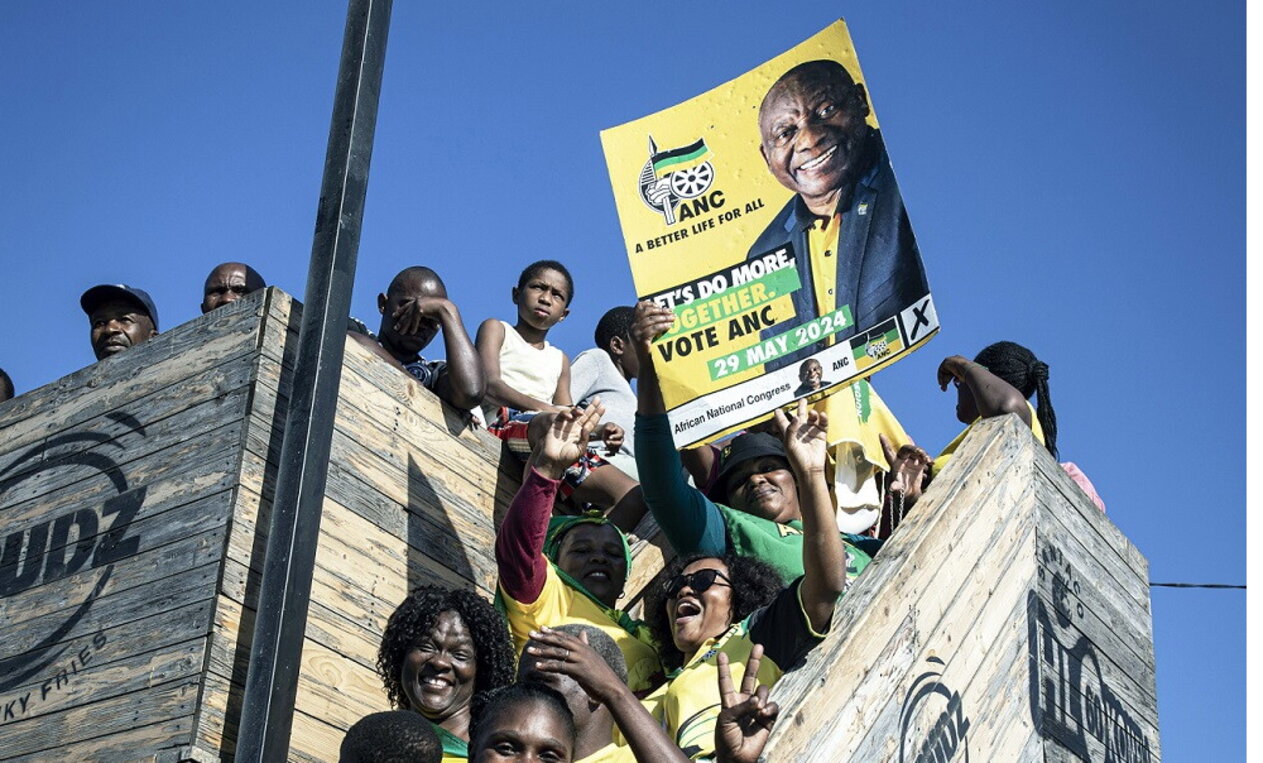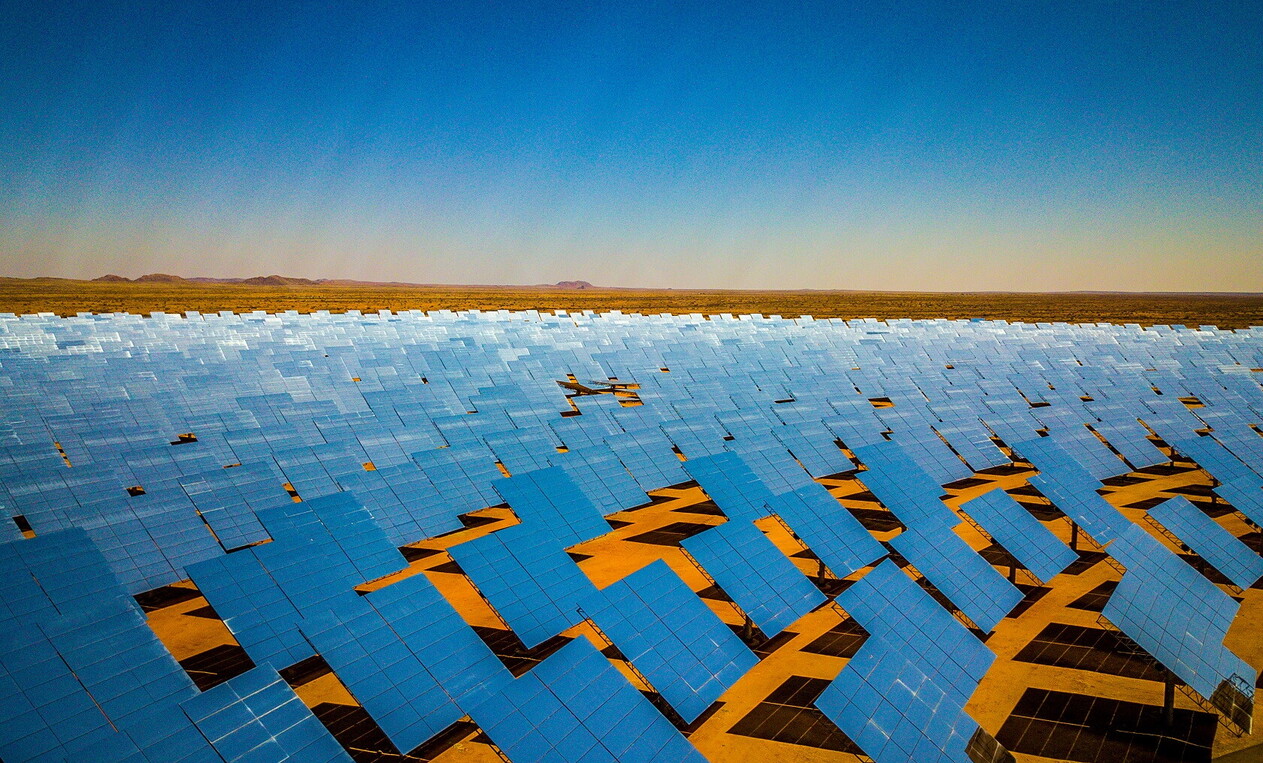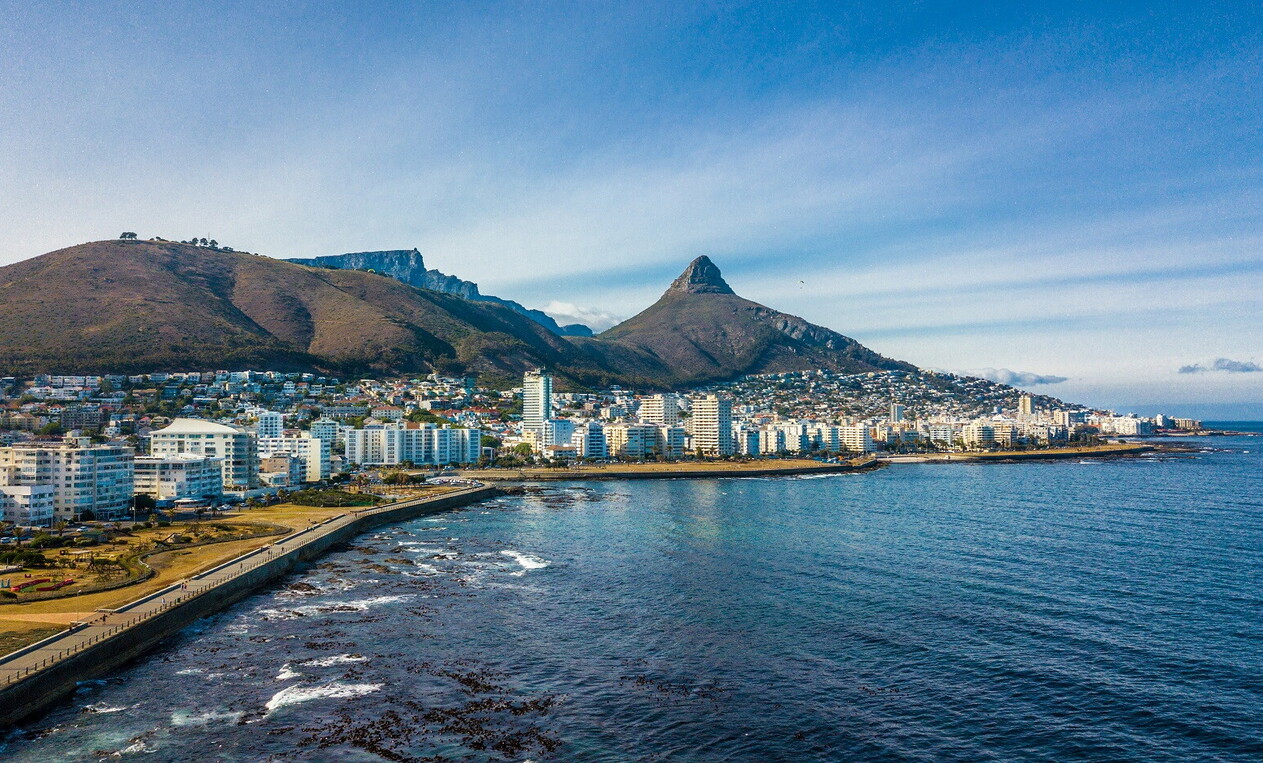
Energy
South Africa, the challenge of a just transition
After its 2024 elections, South Africa unveiled a Government of National Unity with a focus on inclusive growth. A decarbonization strategy that also ensures energy access will be crucial to promoting economic development and consolidating voter trust
11 minS
outh Africa’s May 2024 election was a watershed moment in the country’s young democracy, marked by a lower than expected turnout of 58.6 percent and ushering in coalition governance at the national level—a governance model that had been introduced at the local level and had so far left much to be desired. The new Government of National Unity (GNU) has committed to realizing inclusive economic development and national prosperity by working across divisions and putting the country’s interests above party lines.
The extent to which coalition governance will impact policy across the country’s critical sectors, particularly energy, remains to be seen. Competition among the coalition parties to outdo each other for voters ahead of upcoming municipal elections is likely to drive the implementation of existing policy, as new proposals will need to be thoroughly negotiated. Nowhere is accelerated implementation more needed than in South Africa’s struggling electricity sector, where the transition from fossil fuels is still contested socially and many livelihoods depend on it.
The African National Congress (ANC), with its uncontested if declining majority, was put to the test and came up short in the May 2024 election. The ANC and its main opposition parties—the Democratic Alliance (DA) and Economic Freedom Fighters (EFF)—had not foreseen the sudden success of the newly formed Umkhonto Wesizwe Party (MK). Founded by former President Jacob Zuma just a few months before the 2024 elections in December 2023, the MK party emerged as one of the top three electoral winners, securing 14.58 percent of the vote and establishing a stronghold in the Kwazulu-Natal province, where Zuma had his base. The birth of the MK, a direct result of the factional politics that have plagued the ANC, made it unsurprising that the ANC lost its majority, with some of the votes it had previously enjoyed shifting to its breakaway opponent. The ANC won only 40.18 percent of the vote, while the DA and EFF secured 21.81 percent and 9.52 percent, respectively.
The transition following the election has been hailed as a success of South Africa’s democracy. A process that takes several months in some countries of the Global North was achieved in just four weeks in South Africa, without conflict or violence. This is despite the MK Party’s allegations of election manipulation, a claim that was vehemently opposed by South Africa’s Electoral Commission (IEC), which was willing to defend its position in the Electoral Court.

The priorities of the Government of National Unity
Despite South Africans clearly expressing their lack of faith in the leading party, the ANC took the lead in forming a coalition government, which now includes seven political parties. President Ramaphosa outlined the GNU’s three priorities: emphasizing inclusive economic growth and job creation, reducing poverty and tackling the cost of living, and building a capable, ethical, and developmental state. However, the ANC emerged the strongest in driving this economic agenda, securing the strategic portfolios necessary to steer development. Despite its weak performance at the polls, the ANC claimed 20 cabinet posts, including the key ministries of finance, energy, mineral resources, foreign affairs, and trade, along with both the president and deputy president roles. The DA secured six ministerial posts, including agriculture and the environment, while the Inkatha Freedom Party (with a large Zulu voter base) now holds the Ministry of Cooperative Affairs and Traditional Governance, along with the mandate for disaster response. Even in portfolios led by other parties, ANC members occupy several deputy ministerial posts, ensuring the party remains well informed of all activities.

A
ddressing South Africa’s energy crisis will be a key determinant of the GNU’s success in its core priority of driving inclusive economic growth. In 2023, the Reserve Bank estimated that loadshedding—up to 10 hours of daily rolling blackouts across the country—had shaved 2 percent off the country’s economic growth, driving down annual growth projections to just 0.3 percent. Driving inclusive growth requires a stable electricity supply, making control of the energy portfolio in the government critical. In the seventh administration, President Ramaphosa made the decision to separate the energy portfolio from mineral resources, creating a new Department of Energy and Electricity. The department is headed by the ANC’s Kgosientsho Ramakgopa, supported by deputy minister Samantha Graham-Mare, a member of the opposition DA. The DA has been highly critical of the ANC’s approach to diversifying South Africa’s energy mix, particularly Ramakgopa’s interest in nuclear power. While vocal proponents of renewable energy, the DA opposes nuclear power projects, with Graham-Mare accused of purposefully derailing these efforts while in her new office.
The failure of the state-owned entity and electricity monopoly Eskom to ‘keep the lights on’ has been fatal to the ANC’s election prospects since loadshedding first started in late 2007. More than this, loadshedding has exacerbated inequality, poverty and unemployment, further undermining the ANC at the polls. Since coming to office, Ramakgopa has been successful in staving off further loadshedding. As of December 2024, the country has seen a remarkable 250 days without loadshedding and Ramakgopa’s maintenance of this loadshedding suspension will be important for the integrity of the ANC’s governance going forward.
The decarbonization pathway
The split of the department also signals renewed hope for South Africa’s decarbonization mission. The former Department of Mineral Resources and Energy was led by Minister Gwede Mantashe, a staunch supporter of continued fossil fuel use and a former trade unionist with lingering ties to the labor movement. During a parliamentary debate in 2022, Mantashe emphasized that South Africa’s energy outlook would include all energy sources—coal, gas, and nuclear power—and that the country would not abandon fossil fuels but would work towards lowering carbon emissions. He has also referred to himself as "King Coal" and rejected calls to accelerate the development of renewable generation capacity. Freed from Mantashe’s outspoken commitment to fossil fuels, Ramakgopa now has the opportunity to push ambitious policies and investments to expand South Africa’s renewable energy capabilities, even as the country remains unlikely to completely abandon coal. However, the separation of energy legislation earlier this year has left control of key gas laws with Mantashe, raising questions about how efficiently and holistically Ramakgopa can manage the country’s energy resources. Ramakgopa will also play a crucial role in the implementation of the Just Energy Transition Plan and serves as a commissioner to the Presidential Climate Commission, the multi-stakeholder body tasked with overseeing and facilitating the transition. With both an Investment Plan and an Implementation Plan developed, the Commission is set to pursue large projects to support the energy transition and deliver jobs and growth through green industry.

O
n the whole, consistency in energy policy is expected between President Ramaphosa’s two administrations, with hopes that implementation will accelerate now that the ANC must prove its governance in managing the electricity portfolio. In his first Opening of Parliament Address under the GNU, President Ramaphosa unveiled a five-pillar energy plan to further guide the country’s energy policy. The five pillars include fixing Eskom, accelerating private investment in the energy sector, fast-tracking the procurement of new generation capacity, encouraging rooftop solar investment by households, and transforming the electricity sector. These pillars largely align with existing energy policy. Before the country’s democracy was won in 1994, Eskom aimed to provide cheap electricity for heavy industry and high-income households, while excluding the poor African majority. Since the mid-1990s, the utility has shifted towards democratizing electricity access and has been able to expand coverage to over 80 percent of the population. There has been continued recognition (since the 1998 White Paper on Energy Policy) that further reform of the electricity sector is needed to promote inclusivity, accessibility, and environmental sustainability. However, reform processes often take a back seat to securing the country’s fragile electricity supply—a reality that even 250 days without loadshedding cannot ignore.
With loadshedding somewhat stabilized and South Africa’s commitment to expanding renewable energy capacity secured through its Just Transition Framework and international commitments to the UN Framework on Climate Change, the GNU has a unique opportunity to reshape the country’s energy landscape and move towards a low-carbon future through timely and robust implementation of its existing frameworks. Led by an ANC minister in the new Department of Energy and Electricity, there is ample opportunity for the former ruling party to link its effective energy management to both local and future national election campaigns, symbolizing its commitment to voters and its decades-long promise to engineer inclusive economic development.
By prioritizing renewable energy, improving Eskom’s performance, and ensuring energy security, the government can create a more sustainable and reliable energy future for South Africa, to attract investment and spur much-needed economic growth. The next four years will be crucial in determining the success of these efforts and their impact on the country’s economic and social development.

